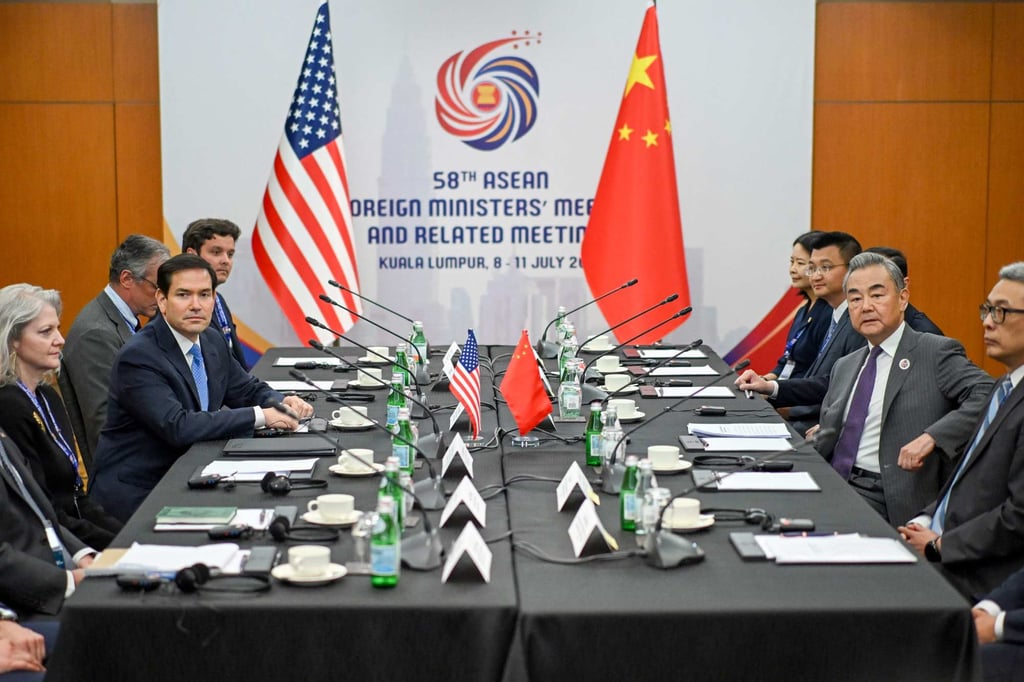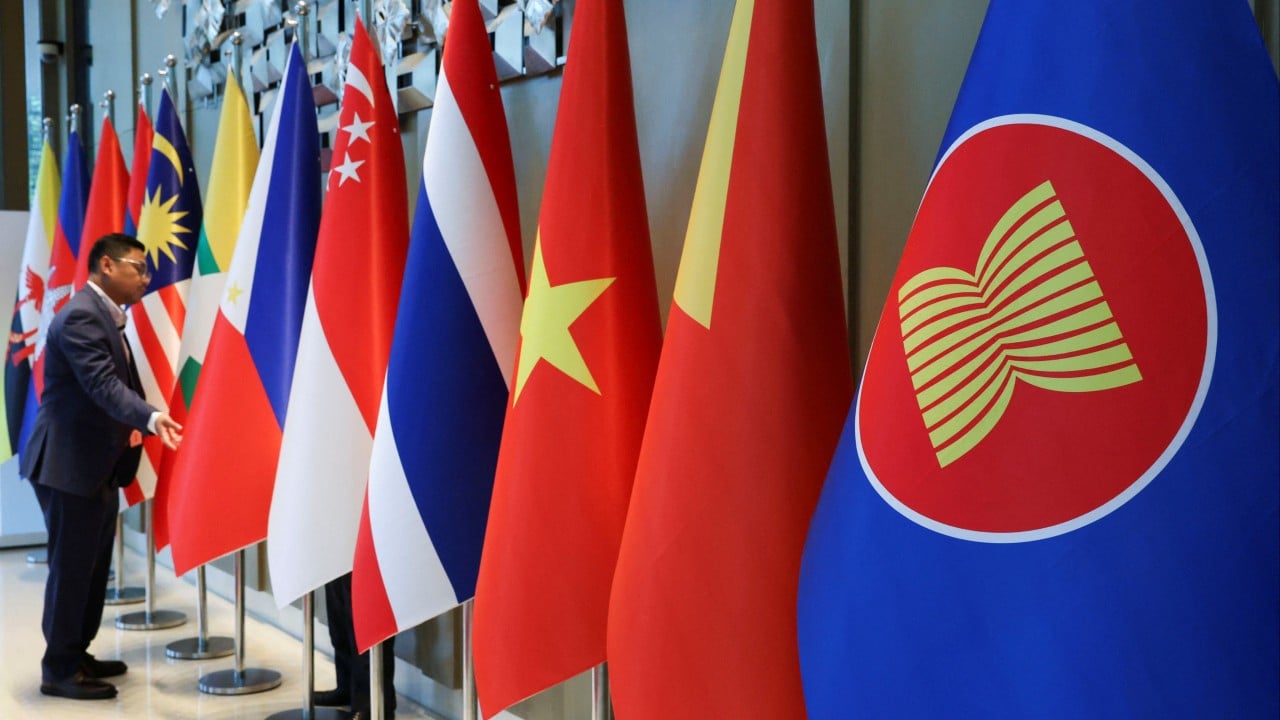As Asean celebrates its 58th anniversary, it is inhabiting a liminal moment, one that straddles the unmarked border between two international eras. One era is lingering but on its way out as another is hobbling its way in. The Cold War is long gone and the subsequent period of American unipolar primacy is drawing to a close, albeit without a new global order to replace it.
Advertisement
The great powers are in the throes of an inevitable transition. The United States and China each believe that history is on its side. Southeast Asian countries do not believe that the global highways of military and financial power have bypassed the US forever or that they should put all their eggs in China’s basket. History is still in flux.
The rules-based global order is like a highway under tensile stress, particularly in the Indo-Pacific region, perhaps the most congested junction on the highway between the US and China. The Association of Southeast Asian Nations stands at the heart of that junction. The safety of the highway depends on its structural integrity. The safety of regions along the highway depends on great powers following the rules of the road.
However, there is no longer one set of rules. The traffic laws of international affairs now have many different interpretations. Increasingly, the US and China insist on adherence to a rules-based order on their own respective terms and for their respective interests. Interpretations must be reconciled so international traffic can flow safely and smoothly.
Asean can encourage both sides to adopt a common highway code for mutual security. Of course, Asean is no global policeman. But it’s precisely because Asean poses no economic, political or military threat to either the US or China, or to anyone else, that it can act as an informal and impartial interlocutor between the two great powers.
Advertisement
That should be Asean’s diplomatic purpose: to be an arbiter in the Indo-Pacific region. Southeast Asia is still a price-taker in international relations. However, the escalating Sino-US rivalry has turned the world from a seller’s market into a buyer’s one. The more intense that rivalry gets, the more that great powers feel the need to “sell” themselves to others.


